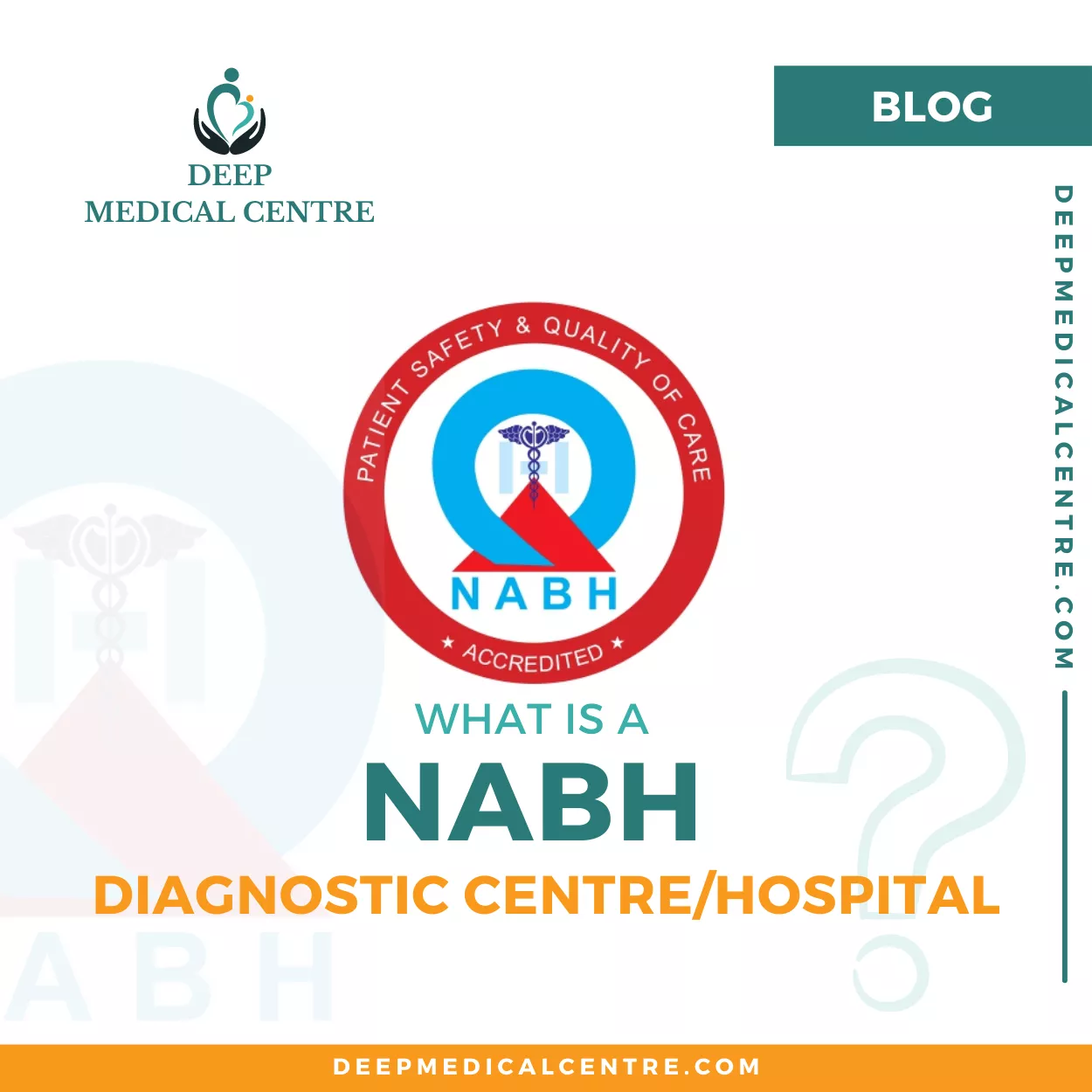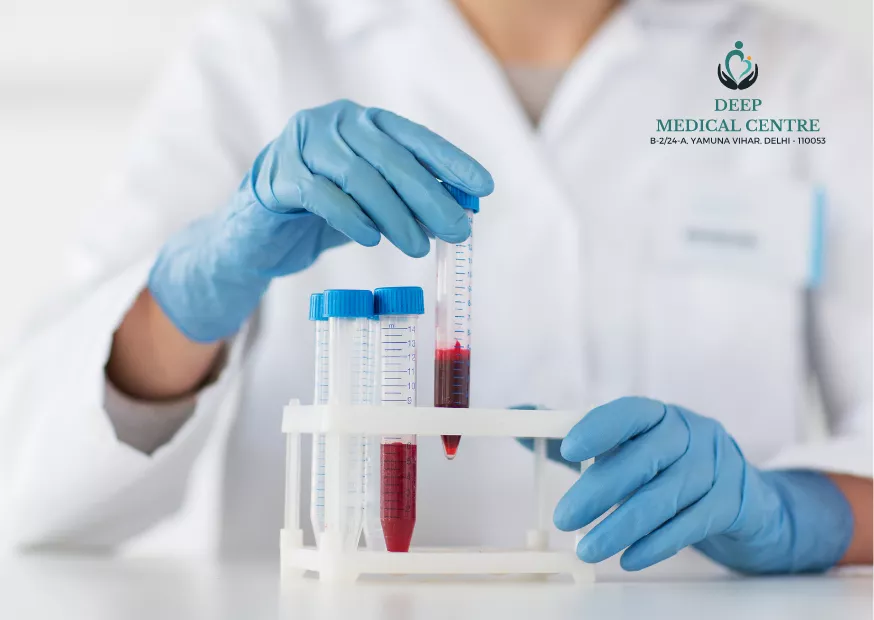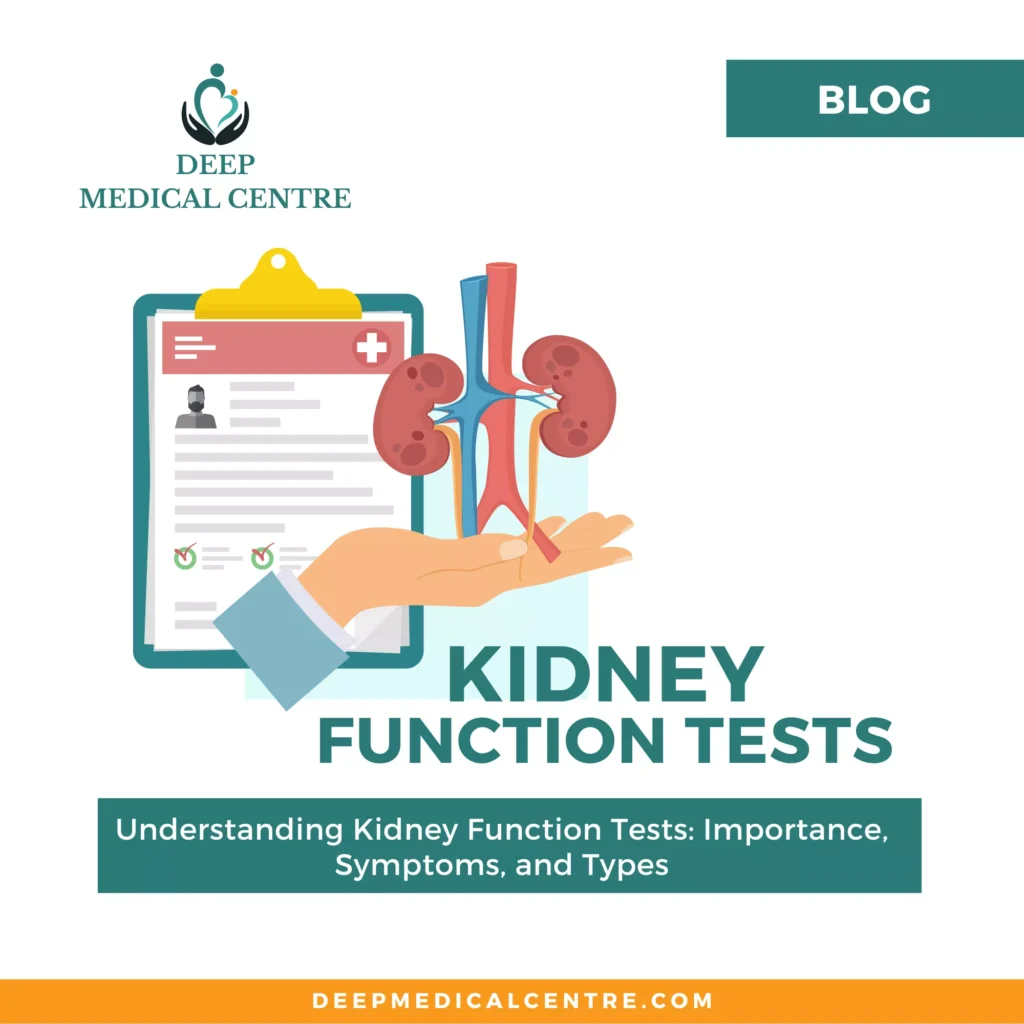
The kidneys are essential organs responsible for filtering waste materials from the blood and expelling them from the body as urine. They also help control water and various essential minerals in the body and are crucial to the production of vitamin D, red blood cells, and hormones that regulate blood pressure. In this article, we will explore the importance of kidney function tests, their symptoms, and the types of tests.
Importance of Kidney Function Tests
Kidney function tests are simple blood and urine tests that identify problems with your kidneys. If your doctor thinks your kidneys may not be working properly, you may need these tests. You may also need them if you have other conditions that can harm the kidneys, such as diabetes or high blood pressure, to help doctors monitor these conditions.
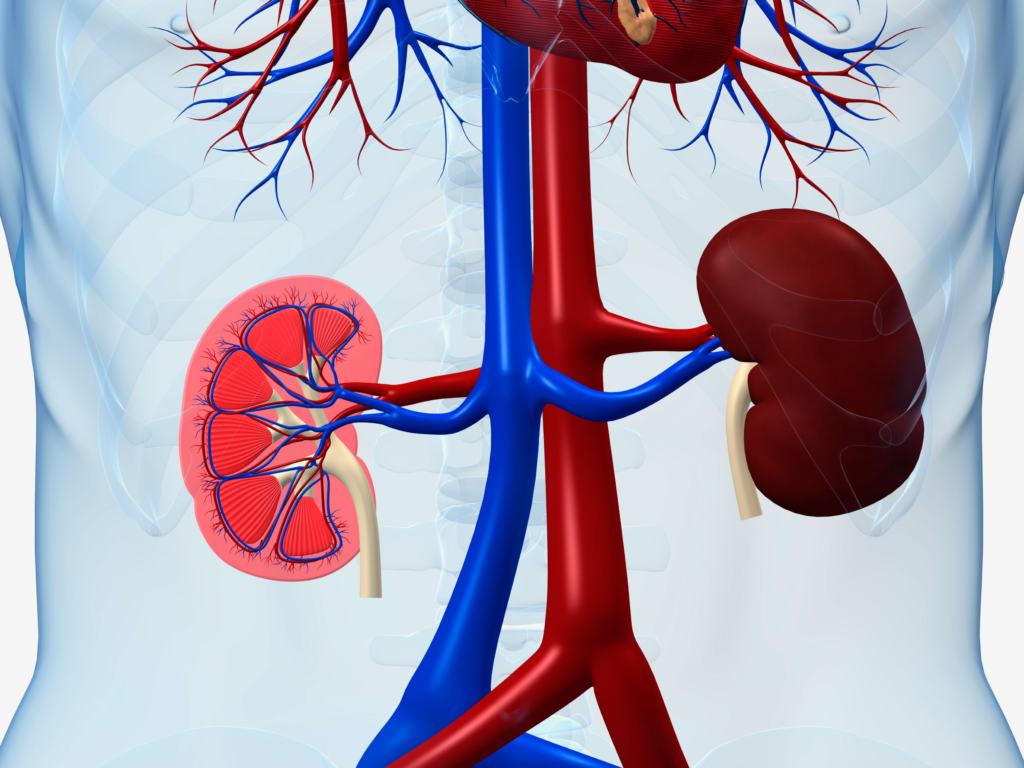
Symptoms of Kidney Problems
Symptoms that may indicate a problem with your kidneys include high blood pressure, blood in the urine, frequent urges to urinate, difficulty beginning urination, painful urination, and swelling of the hands and feet due to a buildup of fluids in the body. Kidney function tests can help determine the reason for these symptoms.
Types of Kidney Function Tests
There are several types of kidney function tests that your doctor may order:
- Urinalysis: This test screens for the presence of protein and blood in the urine. A 24-hour urine collection sample may also be requested to see how fast the waste product creatinine is clearing from your body.
- Serum Creatinine Test: This blood test examines whether creatinine is building up in your blood. A high level of creatinine suggests a kidney problem.
- Blood Urea Nitrogen (BUN): This test also checks for waste products in your blood, specifically the amount of nitrogen in the blood. A higher value could suggest several different health problems.
- Estimated GFR: This test estimates how well your kidneys are filtering waste. Any result lower than 60 milliliters/minute/1.73m2 may be a warning sign of kidney disease.

How the Tests are Performed
Kidney function tests usually require a 24-hour urine sample and a blood test. A 24-hour urine sample is a creatinine clearance test that gives your doctor an idea of how much creatinine your body expels over a single day. BUN and serum creatinine tests require blood samples taken in a lab or doctor’s office.
Treatment of Early Kidney Disease
If the tests show early kidney disease, your doctor will focus on treating the underlying condition. They may prescribe medications to control blood pressure if the tests indicate hypertension, and suggest lifestyle and dietary modifications. If you have diabetes, your doctor may want you to see an endocrinologist.
In conclusion, kidney function tests are vital in identifying any potential problems with the kidneys. If you experience any symptoms, it’s important to see a doctor and get tested. Early detection can help prevent further complications and ensure that you receive the appropriate treatment.
NABH Diagnostic Centre in North-east Delhi
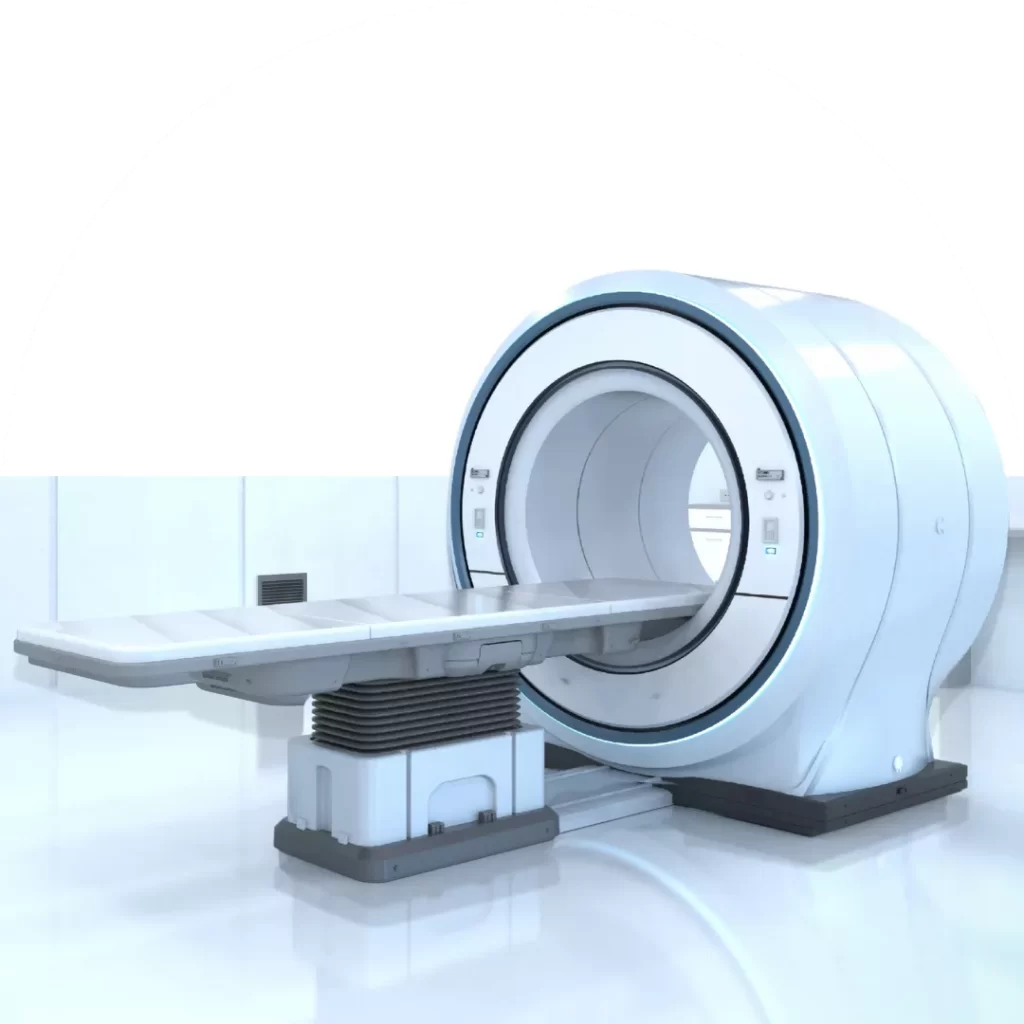
We are a diagnostic centre and laboratory providing clinical solutions like MRI Scans, CT Scans, Mammography, Digital X-ray, IVP, HSG, ECG–EEG, TMT, 4D & 5D Ultrasound, PFT, All types of Blood Tests, etc. We promise quality, we deliver it. Deep Medical Centre’s foremost focus has always been to maintain the highest standards in testing and hygiene, resulting in a high level of satisfaction among our more than twenty thousand patrons and being the fastest-growing laboratory in Northeast Delhi.
Our compassionate highly qualified team of radiologists and assistants have a gentle, caring manner and a feeling of family care because we keep our all empathy with not-so-good times that you or your family member may be going through, to require a diagnostic test.
If you have any questions about our imaging services, call Deep Medical Centre at (+91) 931-166-1478 / drop an email at contact@deepmedicalcentre.com / just click here to open the map to our physical location or request an appointment now. We wish you and your family a very healthy smiling time.
Join us on Instagram @deepmedicalcentre, Facebook @deepmedicalcentre and Linkedin @deepmedicalcentre for healthy tips and general medical knowledge




